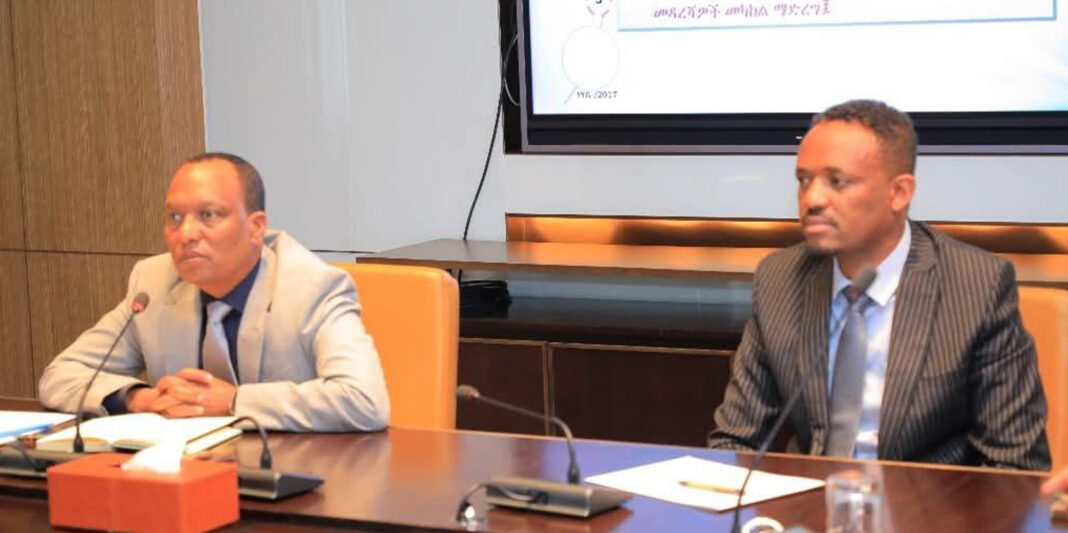Ethiopia stands prominently among African nations grappling with large-scale illicit financial flows (IFFs), according to a comprehensive report assessing cumulative IFFs from the continent over the period 1970 to 2008. These illicit financial outflows, which include money illegally earned, transferred, or used, represent a severe drain on Africa’s economic resources, undermining development efforts and exacerbating poverty.
The data reveal a striking concentration of IFFs in a select group of countries, with the top 10 nations accounting for approximately 79 percent of Africa’s total illicit financial outflows during the nearly four decades under review. While oil-exporting countries in North and West Africa dominate the scale of these outflows, with Nigeria responsible for an overwhelming 79 percent of West Africa’s IFFs, and Egypt and Algeria jointly accounting for 66 percent of North Africa’s, non-oil-exporting countries such as South Africa, Morocco, Côte d’Ivoire, and Ethiopia also register significant levels.
Nigeria’s oil sector, in particular, drives its staggering share of illicit financial outflows, a trend mirrored by Egypt and Algeria, whose economies also rely heavily on hydrocarbons. These countries’ heavy dependence on natural resources creates fertile ground for illicit financial activities through mechanisms such as trade misinvoicing, abusive transfer pricing, secret contracts, and corruption which facilitate the leakage of capital beyond their borders.
For Ethiopia, although not an oil-producing country, illicit outflows are still pronounced, constituting a critical challenge for national development. Over the 38-year period, Ethiopia’s cumulative illicit financial flows amounted to substantial levels, reflecting vulnerabilities linked to governance challenges, limited institutional capacity, and the complex global financial systems exploited by perpetrators. The impact of these outflows is particularly glaring given Ethiopia’s development needs and ambitions to accelerate economic growth and reduce poverty.
The consequences of these illicit financial outflows are multifaceted. Foremost among them is the loss of valuable domestic resources that could otherwise have been invested in infrastructure, healthcare, education, and social services needed to improve livelihoods across the continent. The loss further impedes Africa’s ability to mobilize domestic finances, heightening dependence on official development assistance, which has shown signs of stagnation in recent years.
The report draws attention to the intricate nature of IFFs, which comprise commercial activities such as tax evasion and aggressive tax avoidance by multinational corporations, criminal elements including money laundering and trafficking, and corrupt practices by public officials abusing entrusted power. Among these, commercial illicit flows represent the lion’s share, underscoring the need for enhanced regulatory oversight and transparency in business operations.
Policy experts stress that addressing the problem of illicit financial flows requires political will and coordinated global action. African governments must strengthen economic governance institutions, including tax administrations, customs, and anti-corruption agencies, to detect, deter, and prosecute illicit activities effectively. Equally important is international cooperation to regulate financial secrecy jurisdictions and tax havens that facilitate the concealment and movement of illicit funds.
Ethiopia has taken steps toward improving financial transparency and governance, but still faces challenges related to capacity constraints and the complexities of global finance. The nation’s vulnerability to IFFs is further exacerbated by inadequate data systems and limited access to comprehensive trade and financial information needed to track suspicious transactions accurately.
The report calls for African countries, including Ethiopia, to harmonize tax policies, enhance information exchange frameworks, and adopt international standards such as country-by-country reporting and beneficial ownership disclosure. Moreover, Africa must engage actively in global forums to ensure its priorities are represented in the ongoing efforts to curb illicit outflows.
The concentration of illicit financial flows in a handful of countries highlights the critical need for targeted interventions. For resource-rich countries like Nigeria and Algeria, reforming extractive sector governance and ensuring transparency in contract negotiations can significantly reduce capital flight. For Ethiopia and other non-oil economies, diversifying economic activities, strengthening institutions, and fostering regional cooperation are key strategies.







